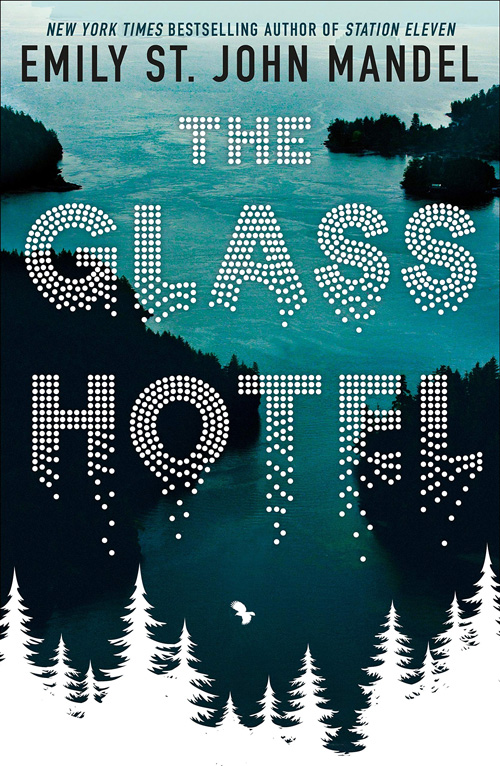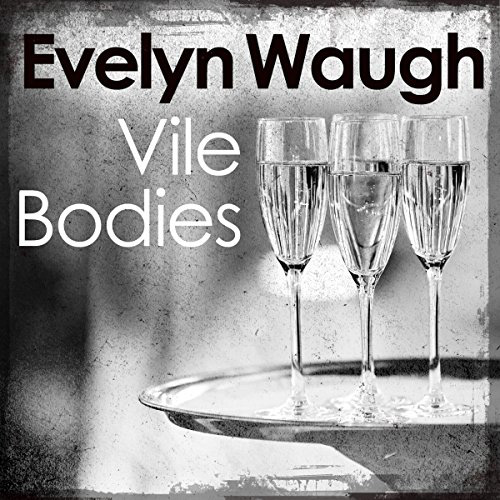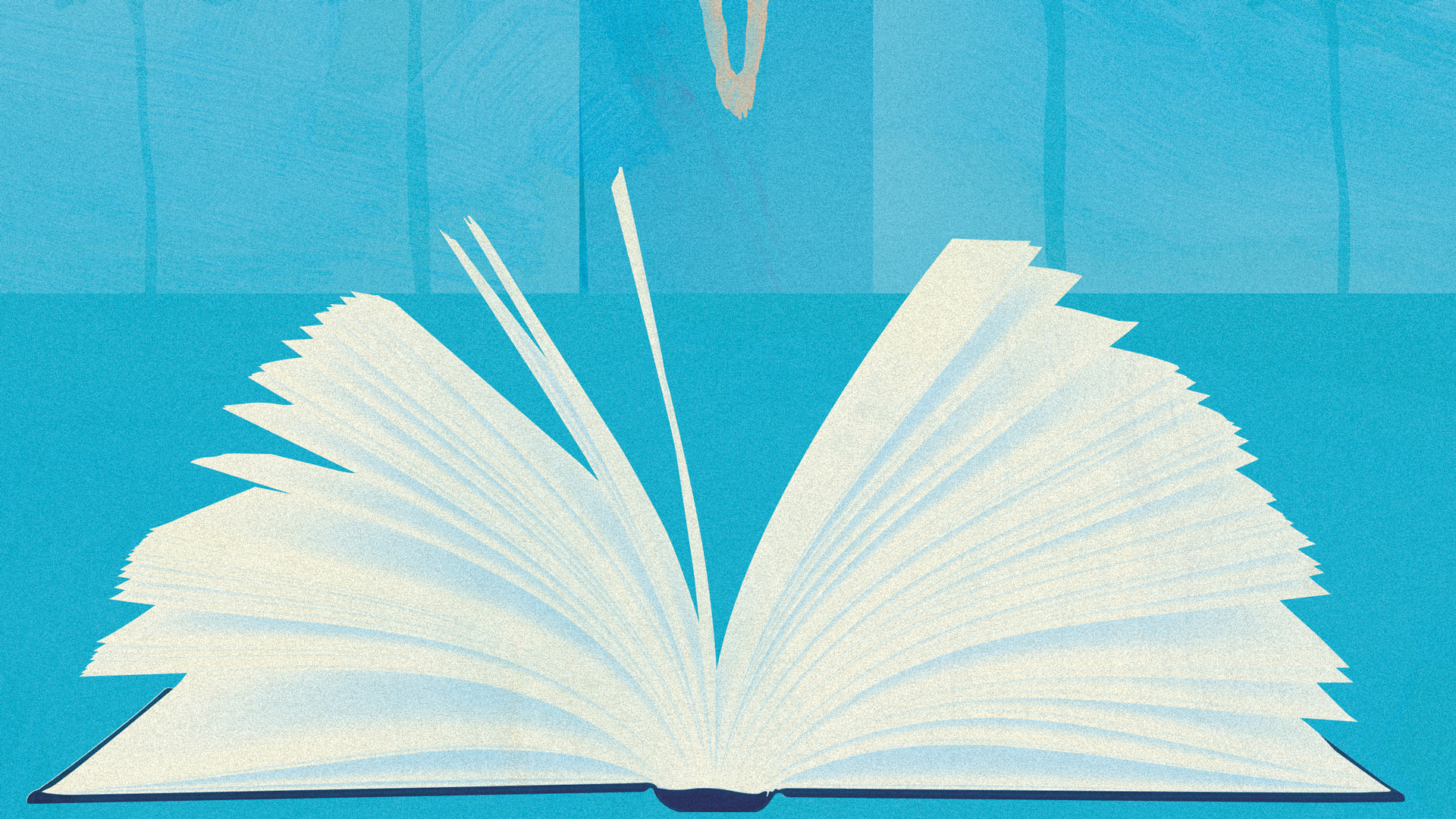One of the recurring features of lockdown has been being confronted by my own good fortune. I knew what many of them were: I am still in work, I have young parents, I don’t have children, I can work from home. But I’ve been confronted by a privilege I have lost, but took for granted: the freedom to choose what I wanted to read.
The world of audiobooks is very different. I wanted to explore the previous work of Bernardine Evaristo: I can’t, because only her latest, Booker-winning novel Girl Woman Other is available. I planned to spend my time in queues – lockdown seems to involve a seemingly endless supply of those – listening to Wolf Hall and Bring Up the Bodies before starting on The Mirror and the Light. Dan Stevens’ reading of Wolf Hall is stunning: funny, well-performed and at times distractingly erotic. Julian Rhind-Tutt’s reading of the sequel however means that Wolf Hall gave way to Giant Ham.

Something I could listen to and enjoy was Emily St John Mandel’s The Glass Hotel. Its publication in the United Kingdom in print has been delayed but thankfully you can still get it as an audiobook. The Glass Hotel is typically Mandel, in that it is an intricately plotted story about a seemingly disparate group of people who are thrown together by events.
at the end of every one of St John Mandel’s books I have felt a sense of incredible loss not to be with them any more
What makes her so brilliant is her infinite compassion: Mandel characters include plagiarists, fraudsters, and cult leaders, yet they are always given purpose and motivation: and at the end of every one of her books I have felt a sense of incredible loss not to be with them any more. It was brilliantly read by the actress Dylan Moore, who brought the characters to life with a perfectly-judged performance. All of human life is contained with The Glass Hotel, the third book in which Mandel has taken the world of international finance and shipping as her influence and constructed a masterpiece. Moore delivers it all with style.
The problem, I’ve discovered, is that when you like the work of an author, you can read their backlist: but when you like the work of a narrator, you quickly discover that you are at the mercy of the prejudices of a casting director. Moore’s other audiobook is You Are Not Alone, a thriller by Greer Hendricks and Sarah Pekkanen about a woman who finds herself in the wrong place at the wrong time. Moore’s performance is, again, flawless. So flawless that it was only a few days after I finished listening to her that I realised the novel itself was highly contrived – I had been pulled along by Moore’s work, not that of the authors.

That’s perfectly fine, of course: a well-read book is still a pleasure in of itself. Evelyn Waugh’s pointlessly nasty Vile Bodies is terrible in print but is rather charming when Robert Hardy reads it. The problem is, a badly-performed audiobook is hell on earth: and there are few ways to find out other than to pay for it (though free samples are available to listen to before buying). I just hope that the next author lucky enough to have Moore as their reader has a plot to match.









